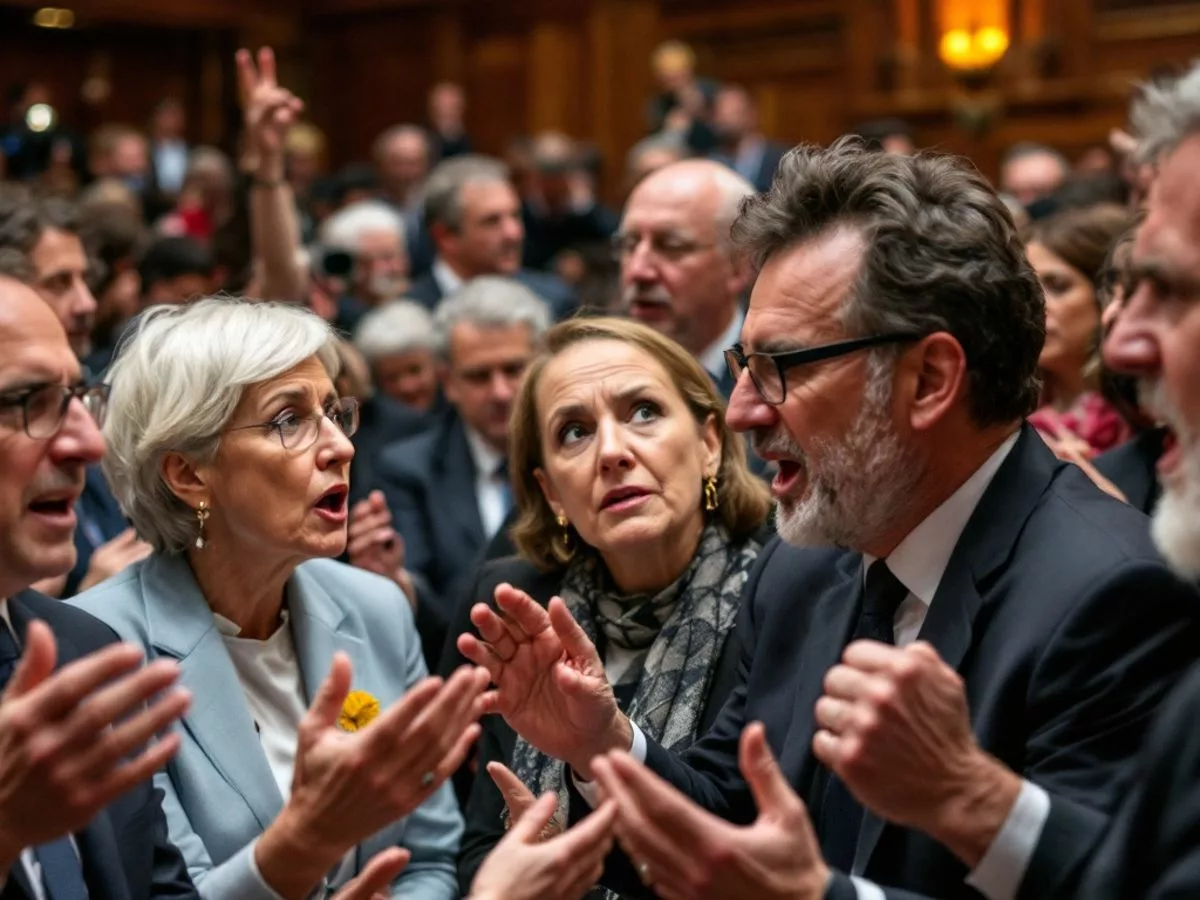
France’s New Popular Front, a coalition of left-wing lawmakers, has filed a no-confidence motion against Prime Minister Michel Barnier’s government. This move comes in the wake of a recent snap election that resulted in a hung parliament, leaving Barnier to lead a fragile coalition amid rising tensions from both the left and right.
Key Takeaways
- Left-wing lawmakers filed a no-confidence motion against PM Barnier.
- The motion is unlikely to advance without support from far-right lawmakers.
- Barnier’s government is seen as a denial of the recent election results.
- National Rally lawmakers are hesitant to support the motion, fearing political instability.
Background of the Situation
President Emmanuel Macron appointed Michel Barnier as Prime Minister following a snap election that left the National Assembly divided. The left-wing coalition, despite winning the most votes, did not secure an outright majority, while the far-right National Rally emerged as the single party with the largest share of support.
This political landscape has resulted in Barnier leading a government that is criticized by both left and right factions. The left-wing coalition argues that Macron should have appointed a prime minister from their ranks, reflecting the election results more accurately.
The No-Confidence Motion
The no-confidence motion filed by the New Popular Front highlights several key concerns:
- Government Composition: The left-wing lawmakers argue that the current government does not represent the will of the electorate.
- Austerity Measures: They claim that the upcoming budget is set to be the most austere in the last 25 years, which they believe will adversely affect the lower and middle classes.
- Political Legitimacy: The motion states that the existence of Barnier’s government is a denial of the recent legislative election results.
Challenges Ahead for Barnier
As Barnier navigates the complexities of leading a divided government, he faces significant challenges, including:
- Budget Approval: Securing approval for the state budget amidst opposition from both sides of the political spectrum.
- Deficit Reduction: Implementing measures to bring down the national deficit while managing public discontent over austerity.
The Role of the National Rally
Interestingly, the far-right National Rally, led by Marine Le Pen, has indicated that they will not support the no-confidence motion at this time. Le Pen has expressed a desire to give Barnier a chance to govern, but she has also set clear conditions:
- Any proposed tax increases must be offset by increased spending power for lower and middle-class citizens.
This cautious approach from the National Rally suggests a reluctance to plunge France into further political turmoil, especially so early in Barnier’s tenure.
Conclusion
The no-confidence motion against Prime Minister Michel Barnier underscores the fragile state of French politics following the recent elections. With a divided parliament and rising tensions, the coming weeks will be crucial in determining the stability of Barnier’s government and the direction of France’s political landscape.






